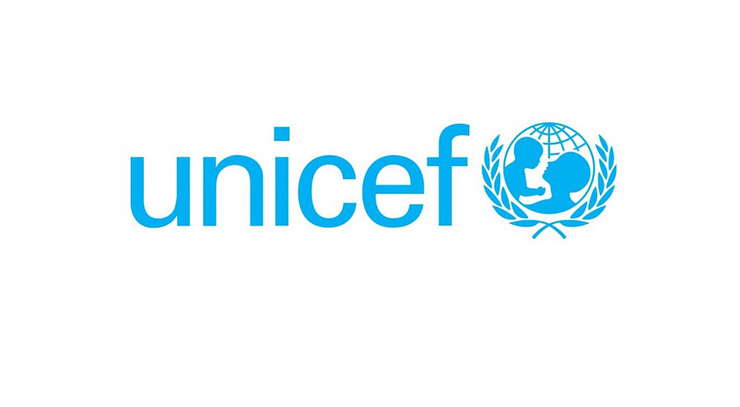UNICEF Using Drones to Deliver Vaccines to Isolated Villages Around the World

When the United Nations established the United Nations International Children’s Emergency Fund in 1947 (UNICEF), it’s goal was to protect and support the children of the world. As stated on their website, “UNICEF works in over 190 countries and territories to save children’s lives, to defend their rights, and to help them fulfill their potential, from early childhood through adolescence. And we never give up.” UNICEF works to ensure children grow up in safe environments, receive nutrition and education, and the necessities to become healthy members of society in both mind and body. One of the organization’s biggest contributions is providing vulnerable children with the vaccines needed to survive. In 2018 UNICEF administered preventative vaccines to around 65.5 million children in need.
Being able to get to children in remote corners of the world is never easy. As UNICEF is entirely reliant on funds through government and private donors, they constantly need to find ways of meeting their goals within a strict budget. In 2018, UNICEF raised $5.2 billion, and while that is a massive sum, it can only go so far when you are trying to protect the billions of children throughout the world. One way UNICEF has been able to cut costs without compromising their goals is by using drones to deliver vaccines to isolated villages. UNICEF has vaccine centers, both permanent and temporary, all over the world. But sometimes getting supplies to these locations can take to long. Because of this, medications can spoil and the cost of transporting them safely increases.
In December of 2018, UNICEF was able to safely, rapidly, and cost effectively deliver vaccines to a remote village called Cook’s Bay. The village is located on the small isolated South Pacific island Vanuatu where 20% of the island’s children do not have access to vaccinations. The drone had a case with enough vaccines for 13 children and 5 pregnant women that was prepared in Dillon’s Bay. It then traveled about 25 miles over mountainous terrain in about 25 minutes to deliver the vaccines to Cook’s Bay, a scattered community with no electricity and is only accessible by small boats or foot. Once the drone landed Miriam Nampil, a registered nurse, administered the first vaccine delivered via drone to a child for 1 month old Joy Nowai.
As Cook’s Bay has no medical center, Miriam would have had to spend an entire day walking to pick up and then deliver the vaccines through conditions that cause the medication’s efficacy to lessen rapidly. As Henrietta H. Fore, UNICEF Executive Director pointed out, drones could very well be the missing link in UNICEF’s mission to provide vaccines and medical attention to every single child in the world. “With the world still struggling to immunize the hardest to reach children,” she said, “drone technologies can be a game changer for bridging that last mile to reach every child.” Making this mission possible was drone company from Port Melbourne, Australia.
Founded by Eric Peck in 2017, Swoop Aero began delivering medical supplies by drones after being contacted to logistically find a way of supplying chemotherapy medications in Australia. That experience forced them to look at ways to reliably and inexpensively deliver medical supplies by air on a daily basis, even to the most difficult to reach locations. This meant designing a logistical network and a drone capable of carrying out such missions. With safety and ease of use as priorities, Swoop Aero created a drone that has zero points of failure with onboard machine learning that will always maintain the highest degree of safety. The drones are easily controlled by an app on an iPad regardless of internet connectivity.
The drone has a wingspan that is just under 8ft and can complete a round trip of 162 miles at an altitude of 400ft. Its carrying case has enough space for the equivalent of 50 medical vials. Each Swoop Aero flight costs around $10, pennies compared to how expensive transporting medical supplies by helicopter, plane, or even automobiles can be. To help organizations like UNICEF be even more cost efficient, Swoop Aero only charges for fully successful flights. Though the drones are highly reliable, this policy guarantees an even higher standard of a positive outcome.
UNICEF is able to reach millions of children in need each year. But if you were to ask anyone who works in the protection of children, they would say that they hope to be able to do more. Because drones are inexpensive, easy to use, can access hard to reach places, and work quickly, they can give organizations like UNICEF a way of doing more. As Henrietta said after that first Swoop Aero mission, “Today’s first-of-a-kind vaccine delivery has enormous potential not only for Vanuatu, but also for the thousands of children who are missing out on vaccines across the world. This is innovation at its best, and shows how we can unlock the potential of the private sector for the greater good of the world’s children.”
|